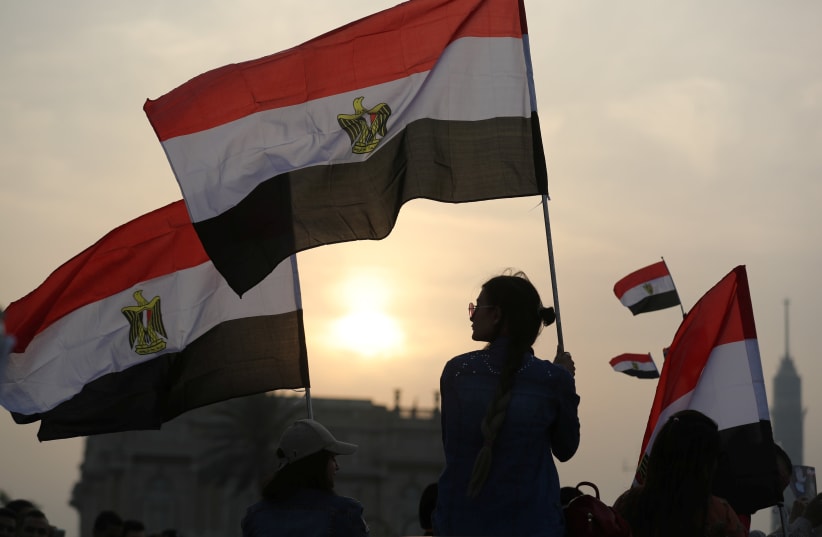Egypt has invited representatives of various Palestinian factions to Cairo next week for urgent discussions on a “unified vision for Palestinian moves,” Egypt’s state-run television announced Tuesday.
The invitation came after Egyptian General Intelligence Service chief Abbas Kamel held talks with Palestinian Authority officials and leaders of Hamas and other Palestinian factions in Ramallah and the Gaza Strip earlier this week.
The Cairo discussions will deal with plans for reconstruction efforts in the Gaza Strip in the aftermath of the recent 11-day fighting between Israel and Hamas and ways of ending the split between the West Bank and the Hamas-ruled coastal enclave, Palestinian sources said.
The Egyptians are seeking to resolve a dispute that has erupted between the PA and Hamas over responsibility for reconstruction of the Gaza Strip, according to the sources.
The Ramallah-based Palestinian government must be responsible for the reconstruction efforts, the PA has informed Egypt. Hamas, on the other hand, is reportedly demanding the establishment of an independent body that would be entrusted with overseeing the reconstruction efforts.
Egypt, which played a major role in achieving the May 21 ceasefire between Israel and Hamas, is also working together with the US administration and other international parties to revive the stalled Israeli-Palestinian peace process, the sources added.
At next week’s meeting in Cairo, the Palestinian factions are expected to discuss ways of maintaining the ceasefire, the possibility of establishing a Palestinian unity government that would work toward ending the power struggle between Abbas’s Fatah faction and Hamas, and setting new dates for general elections.
The factions are also expected to discuss the possibility of reaching a new prisoner-exchange agreement between Hamas and Israel.
Hamas was ready to hold immediate and indirect negotiations with Israel about a prisoner swap, the terrorist group’s leader in the Gaza Strip, Yahya Sinwar, said Monday after meeting with Kamel.
In late April, Abbas announced his decision to delay the parliamentary and presidential elections that were supposed to take place on May 22 and July 31, respectively, on the pretext that Israel had not responded to the PA’s request to hold the vote in Jerusalem.
Abbas’s decision drew criticism from Hamas and other Palestinian factions that were planning to run in the parliamentary election.
Earlier this year, representatives of the Palestinian factions who met in Cairo under the auspices of the Egyptian General Intelligence Service said they had reached agreement on holding general elections and boosting public freedoms in the West Bank and Gaza Strip. The agreement also required the PA and Hamas to release detainees held by both parties because of their political affiliations, they said.
Previous attempts by Egypt and other Arab countries to end the power struggle between Fatah and Hamas have been unsuccessful.
